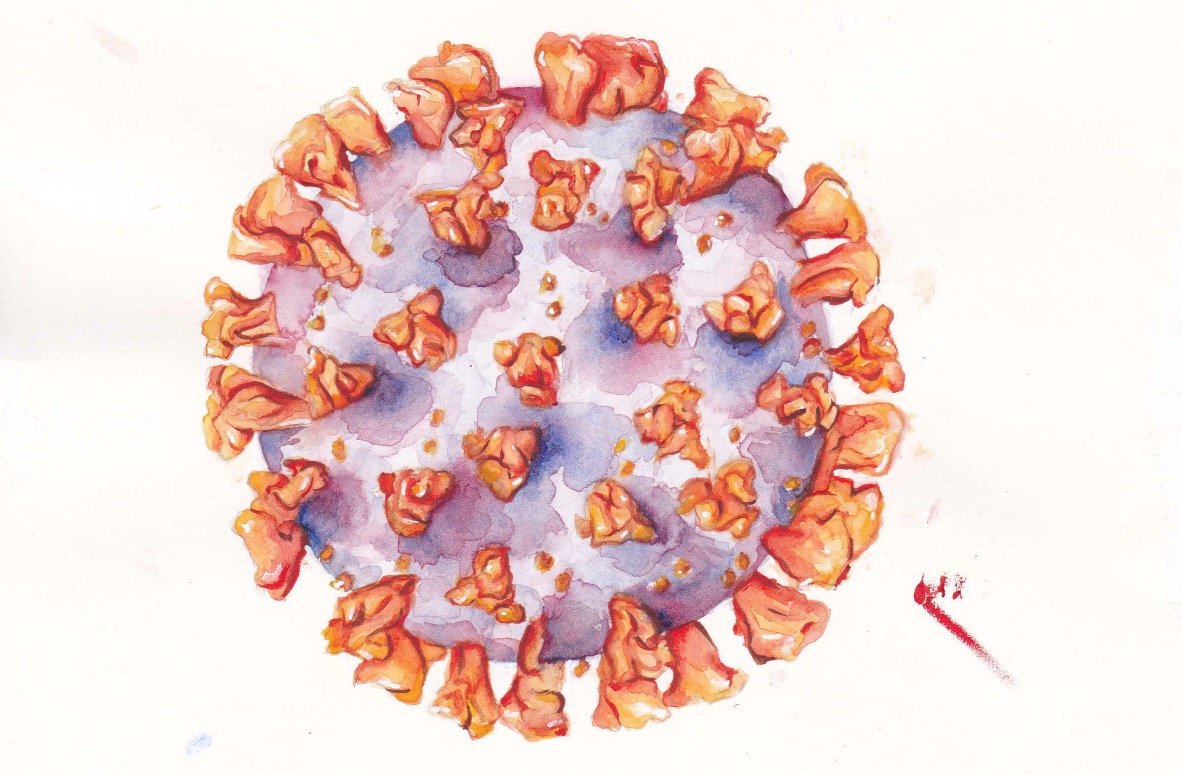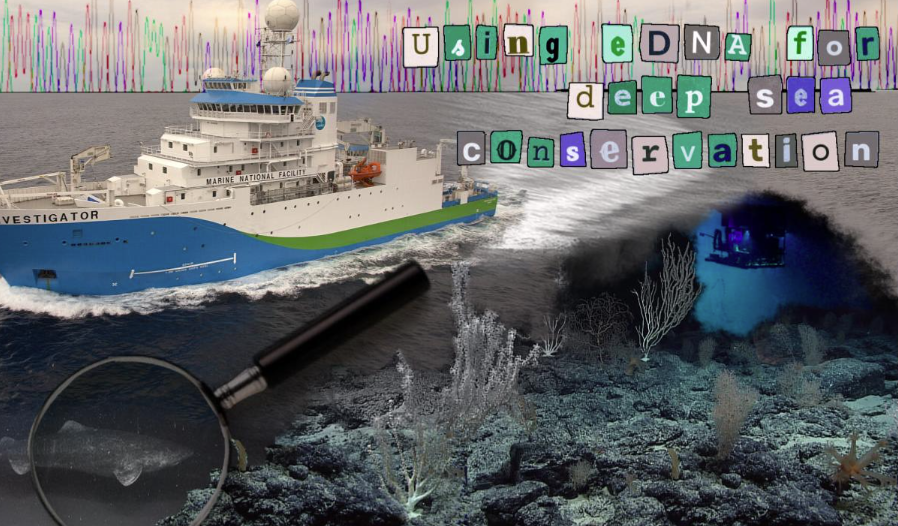Pandemics have shaken civilizations throughout history. Although these bouts of infections have had devastating effects on society, our survival has also allowed humanity to evolve and reshape its socio-economic and technological focuses. Medical research has most often managed to overcome the pandemics through significant progress. It might seem incredible but substantial medical achievements have been gained directly due to the pressure caused by these disorders. During the 16th century, Europe had been fighting an ‘on and off’ war with smallpox (which decimated several populations throughout history), and it was this pressure that led to Dr. Edward Jenner’s crucial development of the first vaccination method, effectively establishing a novel technology which has saved millions of lives since. Similarly, the infamous cholera outbreak of London in 1866 was stopped by the visionary studies of Dr. John Snow that led to the understanding of germs and how they spread, pioneering the field of epidemiology. These formidable discoveries, among many, are examples of exceptional scientific progress that not only solved the issue at hand but also completely reshaped our understanding and focus in research.
Over the last 50 years, constant improvements in our lifestyle have allowed for a consistent rise in the human population. For the first time, more people than ever have had to face an increasing number of disorders that are associated with diet, lifestyle, and longer life expectancy. Although humanity experienced significant medical improvements, since the beginning of this century three major epidemics have shaken the world: Severe Acute Respiratory Syndrome (SARS) in 2003, H1N1 influenza in 2009, and Ebola between 2013 and 2016. While these infectious diseases spread, several organizations raised alarms regarding the lack of preparation for these types of emergencies. However, the treatment of these epidemics by several international medical associations prevented the death tolls reaching extreme numbers (774 for SARS, 18449 for H1N1 and 11310 Ebola) lulling the world into a sense of security for the response to future viral outbreaks. This situation meant that cancer, chronic and neurodegenerative diseases, have slowly taken the centre stage as the main focuses for medical investigation. In the last few decades, beating these conditions seemed to be the main ambition for the researchers of the 21st century. However, since the onset of 2020, the Covid-19 pandemic has drastically diverted scientific attention to this unexpected pandemic, demonstrating that, even 100 years since the London Cholera outbreak, the world is still in need of brilliant research such as those conducted by Dr. Jenner and Dr. Snow.
Cancer, chronic and neurodegenerative diseases have slowly taken the centre stage as the main focuses for medical investigation. However, since the onset of 2020, the Covid-19 pandemic has drastically diverted scientific attention
Although the world was found to be initially unprepared to control the spread of Covid-19, over the last months we have witnessed an extraordinary achievement by the scientific community as they swiftly shifted their efforts from their current and most diverse subjects to dedicate themselves to the study of the Sars-CoV-2. UCL decided to solely focus on 20 Covid-19 projects for the time being, whereas the University of Oxford has been leading the research for the treatment of the virus, resulting in development of ChAdOx1 – a promising vaccine. This drastic shift in research focus is further demonstrated by the sheer number of publications related to Covid-19 released between January and the beginning of April 2020. In only 3 months, around 6000 new articles related to Coronavirus have been published. This arms race between the virus and scientific community has already led to some phenomenal insights in the ways the virus spreads and infects individuals, allowing governments to better respond to the pandemic.
These successes in such a bleak time are illustrative of our inherent ability to adapt to difficult situations. However, while these efforts are celebrated, the limited attention to other fields has resulted in significant losses from other research perspectives. Unfortunately, the pandemic has put a significant financial strain on a number of charities that focused on treatments for other disorders. Cancer Research UK has reported a future loss of up to £120 million in funding, whereas Macmillan Cancer Support is expected to lose another £100 million. Both charities believe that these considerable budget gaps will result in extensive setbacks in their research which will probably persist over several years. On the other hand, The British Heart Foundation generated a new research framework to focus solely on Covid-19 research. While this change will definitely help in the fight against the virus, there is no doubt that the shift will impact the research on heart and circulatory diseases. Similarly, a significant number of clinical trials have had to be put on hold due to travel restrictions causing severe delay in the production of effective treatments, as well as causing patients to miss out on potentially life savings drugs.
Unfortunately, the pandemic has put a significant financial strain on a number of charities that focused on treatments for other disorders
However, we are not only witnessing a cornerstone in the definition of scientific research for the foreseeable future, but most prominently a critical change in the culture of scientific research. Over the last months, scientific research has grown increasingly communal. The newly created Crowdfight Covid-19 platform embodies this new collective mentality as it allows researchers to ask for help and work together towards the treatment of this viral infection. Moreover, since the rise of the pandemic, the submission of papers and research material moved from the classic paywall journals to preprint based archive servers such as BioRxiv and MedRxiv, which now hold half of the material published on Covid-19 and have quickly become the main sources of scientific materials. Skipping the peer review stage allowed thousands of researchers to share their data across the world faster and without restrictions. By doing so, studies for the treatment of Covid-19 have been advancing incredibly fast, overcoming obstacles such as political divides and institutional bureaucracy. However, the lack of regulation over the material produced has scared many and has been for a long time the main argument against non-peer reviewed science due to the lack of quality and reliability. Although some of the documents that have been uploaded contained misinformation or badly performed science, their presence online on these servers has always been short-lived as an autonomous peer review system was naturally developed within the scientific community who took note of the errors in the manuscripts resulting in their prompt elimination. An example for this case can be seen in the elimination of the paper titled: “Uncanny similarity of unique inserts in the 201-nCoV spike protein to HIV-1 gp120 and Gag” – a paper suggesting similarities between the Covid-19 virus and HIV and hinting to possible human involvement in the creation of the virus. The paper was quickly eliminated thanks to the autonomous peer review on BioRxiv, but several newspapers latched onto the paper resulting in a further spread of misinformation. Although this case reignited the discussion on the reliability of preprints, several cases have been made in their support. The New England Journal of Medicine retracted a paper regarding the asymptomatic transmission of coronavirus, demonstrating that incorrect publications can still occur after peer review with the only difference that their withdrawal can take a longer period of time.
The pandemic has forced a series of social changes that might completely modify the way scientific research is executed, bringing forward several benefits, but also new obstacles.
So, it appears that, for better or worse, the focuses in research are changing rapidly. Some research fields are benefitting and with that proving to be incredibly valuable for the community. However, others which are providing less short-term advantages are being relegated to the sidelines. There is no telling if these trends will be carried into the future, but based on similar episodes in the past, we can expect these changes to significantly impact our research priorities. More importantly however, the pandemic has forced a series of social changes that might completely modify the way scientific research is executed, bringing forward several benefits, but also new obstacles. Although no scientific breakthrough is yet to be claimed by the Coronavirus, we can definitely see the development of incredible research which is mirroring those of Dr. Jenner and Dr. Snow.
Title image by Zubida Mukhtar





